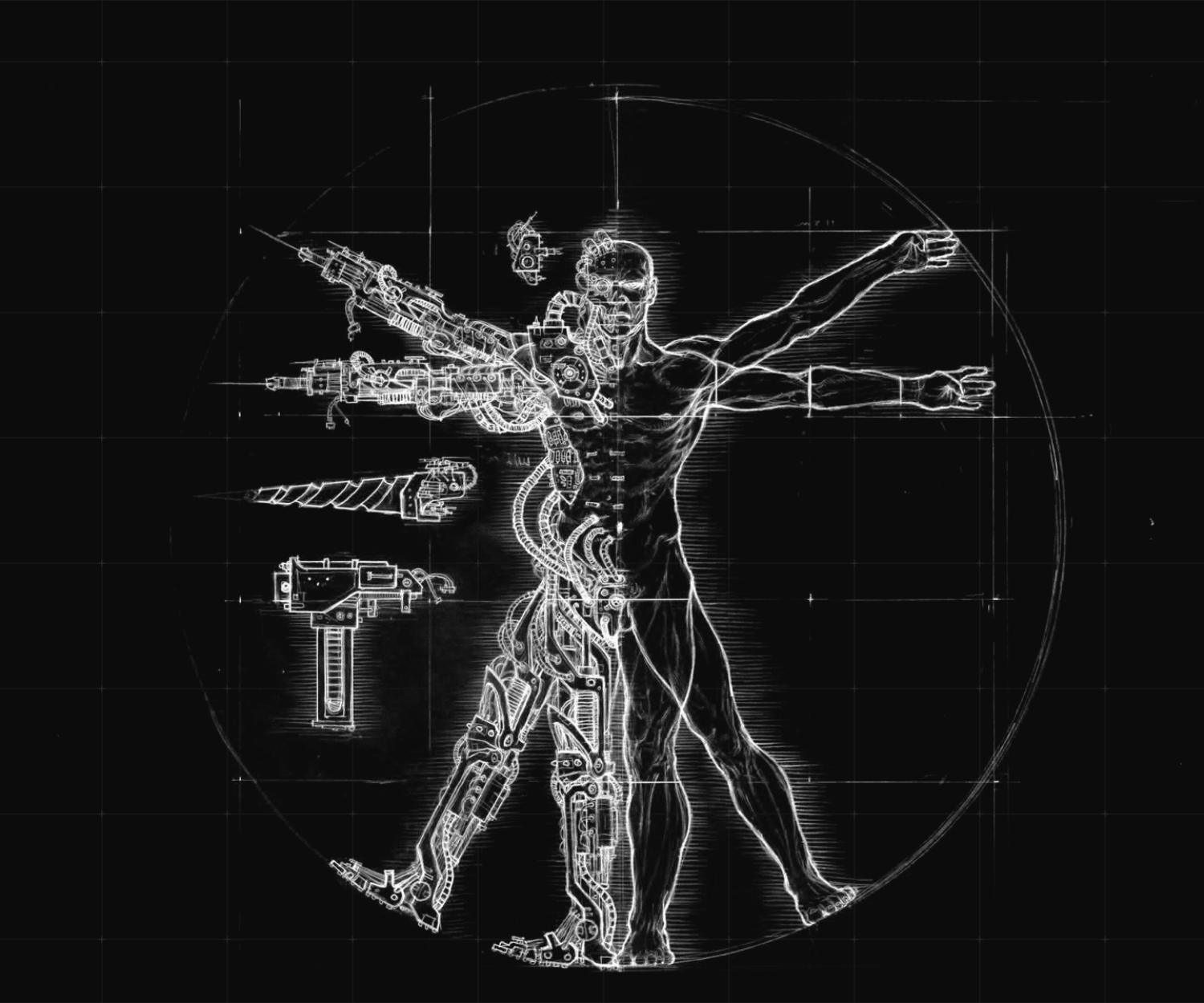Transhumanism… A Path to an Enhanced Human Experience? Executive Summary Transhumanism, an intriguing concept that has sparked extensive debate, envisions…
- Hello 👋, how can I help you today?

Imagine a future where humans can live longer, be smarter, and even have superpowers. It might sound like science fiction, but this is the vision of transhumanism, a movement that explores how technology can enhance human abilities.
The idea of transhumanism is both exciting and scary. It raises questions about what it means to be human, the ethical boundaries of technology, and the potential consequences of tampering with our very nature. Is transhumanism just another step in human progress, or is it a dangerous path that could lead to unintended consequences?
This article dives into the transhumanism debate to explore the arguments for and against this controversial idea. We’ll look at what transhumanism is, what technologies are involved, and the potential benefits and risks.
Transhumanism is a philosophical movement that believes humans can and should use technology to improve themselves. They argue that technology can help us overcome our biological limitations and achieve a higher state of being.
This could include things like:
Transhumanists believe that enhancing human capabilities with technology is a positive development. They argue that it can:
However, transhumanism is not without its critics. They raise concerns about:
The transhumanism debate is likely to continue for many years to come. It raises fundamental questions about what it means to be human and the role of technology in our lives. As technology continues to advance, the lines between humans and machines will continue to blur, making these questions even more important.
Whether you believe in the promise of transhumanism or fear its potential consequences, it’s clear that this movement is shaping the future of our species. The choices we make today will determine how we navigate this complex and challenging future.
Secondary Keywords:
Biotechnology, Genetic Engineering, Artificial Intelligence, Ethics, Singularity

